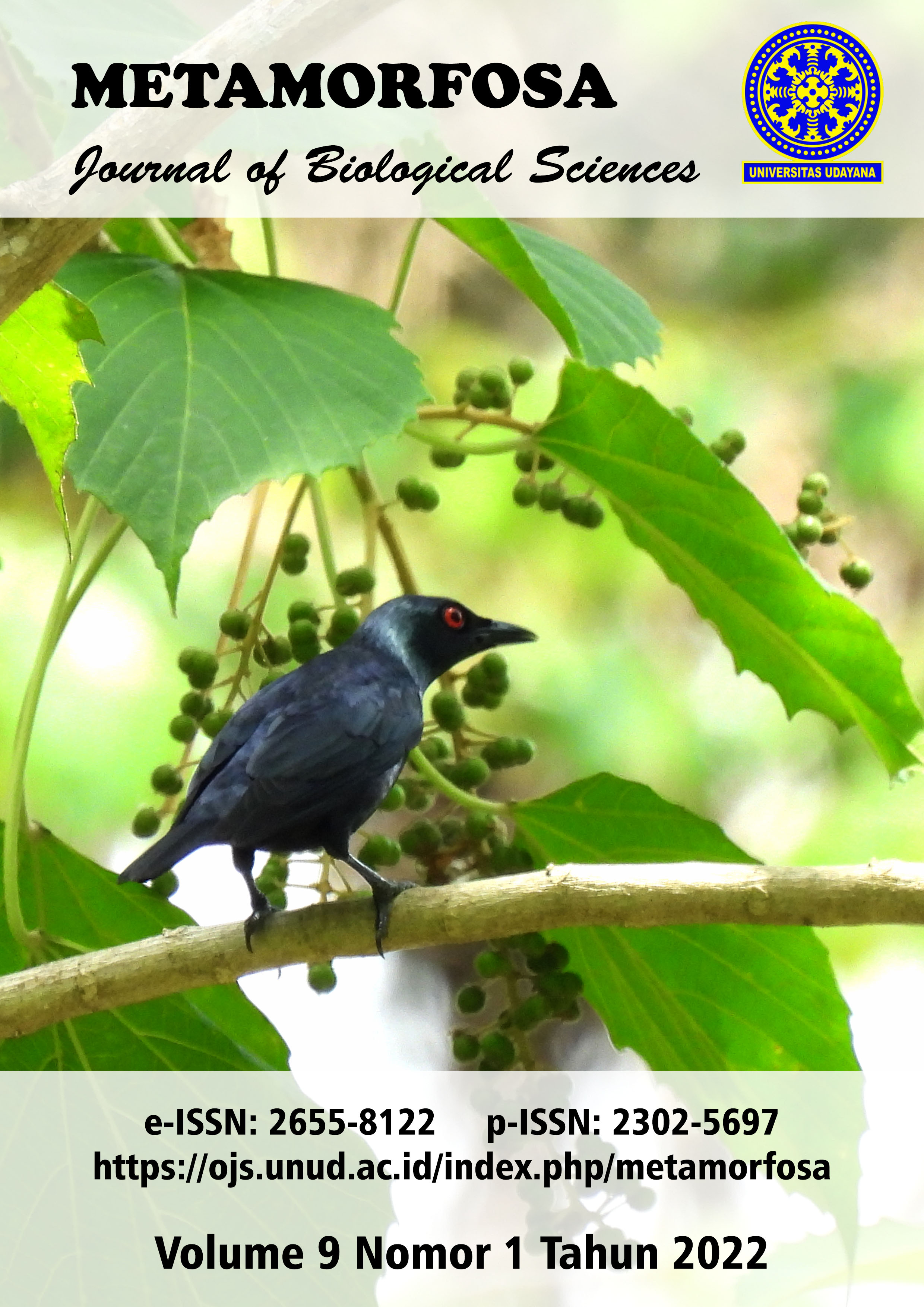Carbon Estimation of Cocoa Stands (Theobroma cacao L.) in Agroforestry Area Sumberrejo Village, Pagak, Malang Regency
Abstract
ABSTRACT
Conversion of forest areas to plantations can cause problems with decreasing soil fertility, erosion, extinction of flora and fauna, drought, flooding and even changes in the global environment. This problem will increase from time to time in line with the large area of ??forest being used as business land because it can reduce the absorption of carbon emissions through photosynthesis. The application of the concept of agroforestry is to increase carbon sequestration in the air in efforts to mitigate climate change. The objectives of this study were to: (1) determine the differences in physical characteristics of cacao varieties (Theobroma cacao. L), (2) carbon potential and (3) abiotic factors at the observation location of agroforestry fields. This research method is descriptive observation to determine the differences in the characteristics of brown varieties by knowing the physical characters, fruit color, and seed color, then purposive sampling. To determine the potential for carbon, analysis was carried out on 120 samples of brown tree stands in two agroforestry gardens, namely the diameter of the biomass using the allometric formula and observing the abiotic factors using appropriate tools when in the field. The results of biomass observation were 3 varieties of cacao, namely criollo with 26 kg / tree, forastero 28 kg / tree, and trinitario 32.4 kg / tree, the average litter was 0.02 kg / m2, the distribution of shade was obtained 30 species. Abiotic factors include temperature, 28-29 ° C, altitude 344-348 m asl, wind speed 0.3-1.6, light intensity 766-1008 lux, soil pH, 6.4-7.2, soil moisture 61-70%, and rainfall 200- 400 mm was rated the ideal criteria based on the literature.
Keywords: conversion, agroforestry, biomass, varieties





